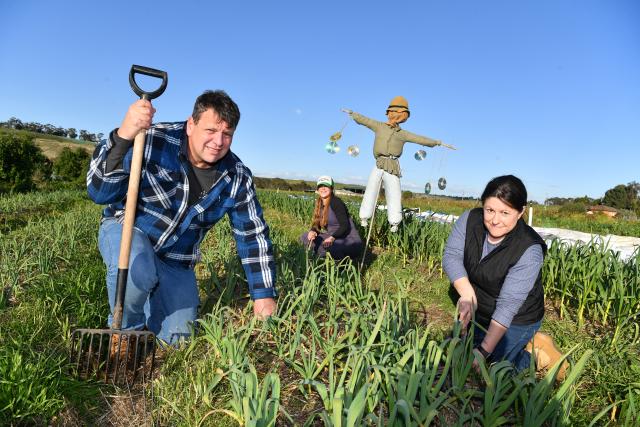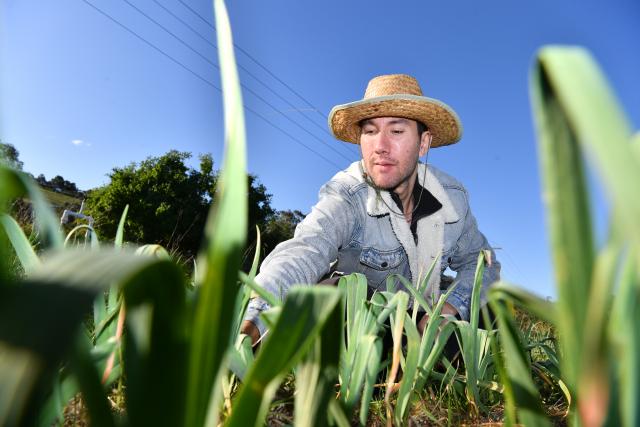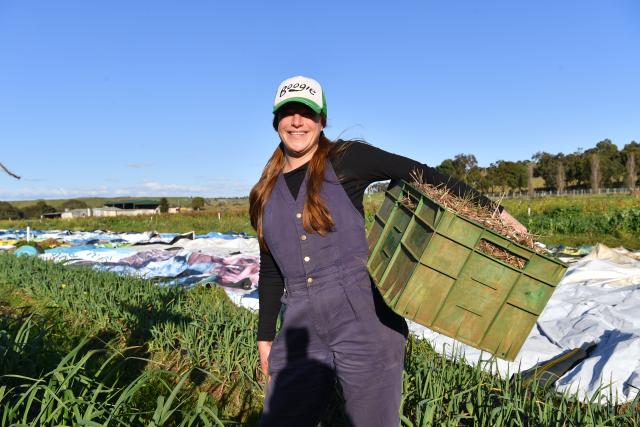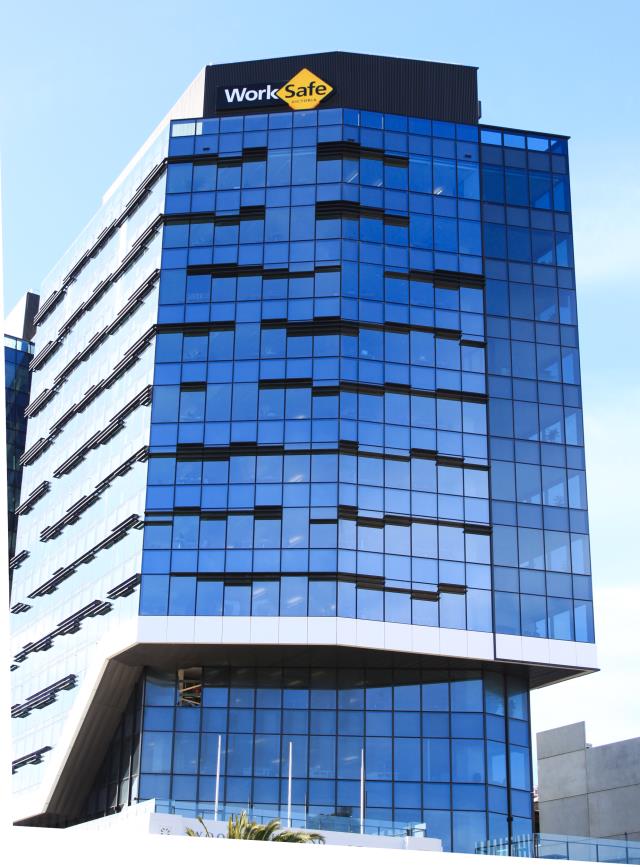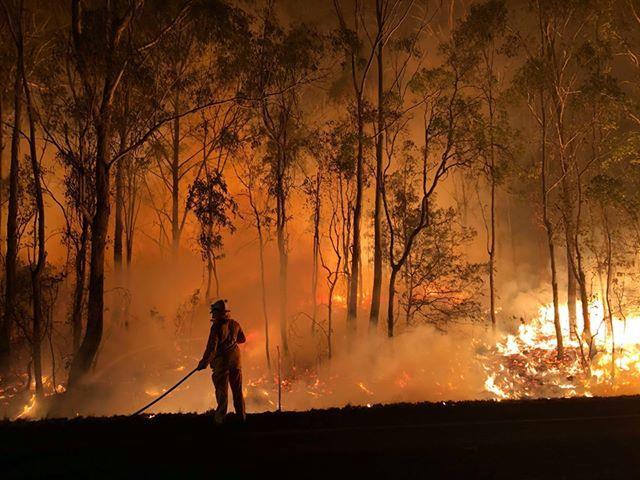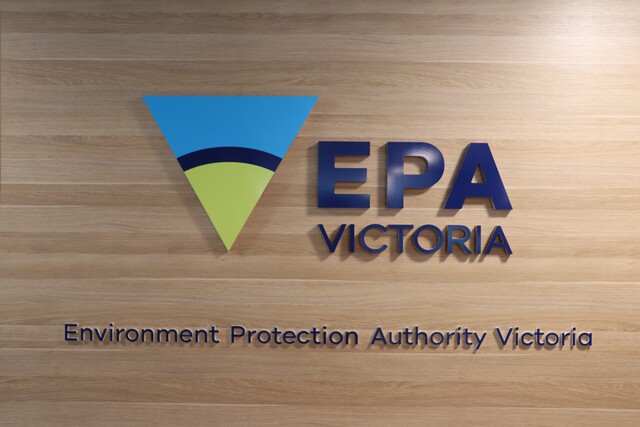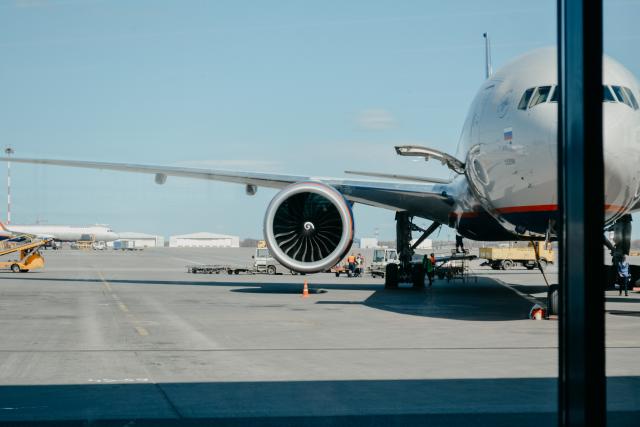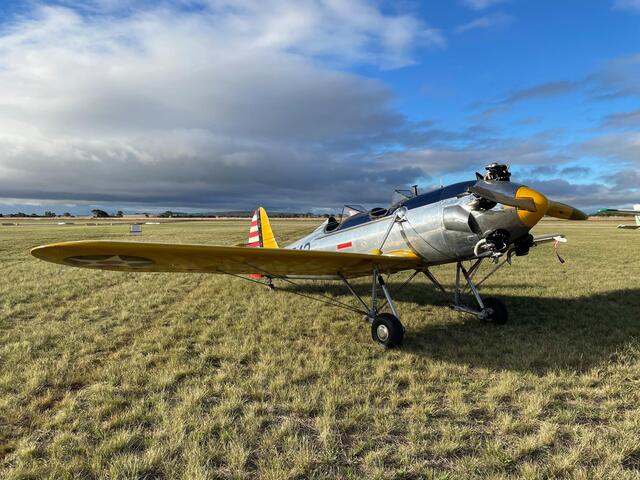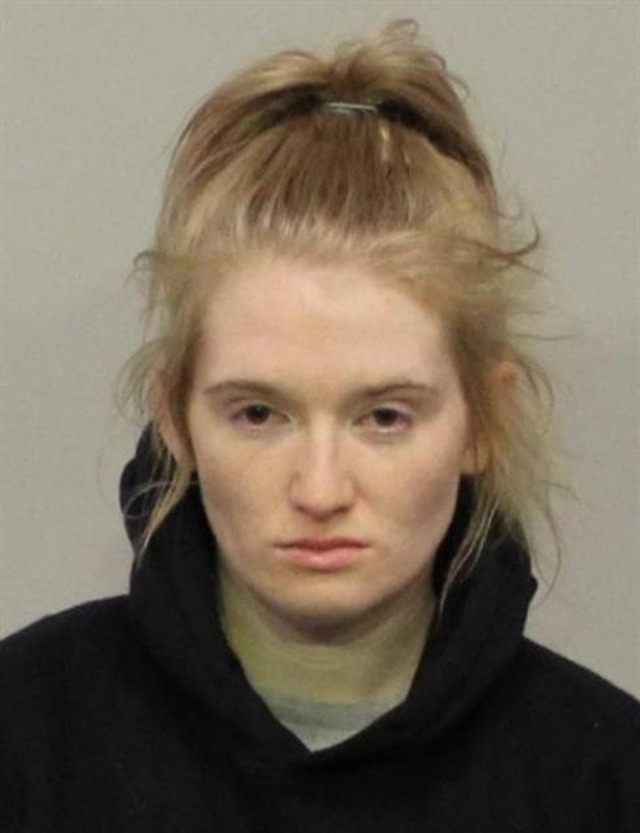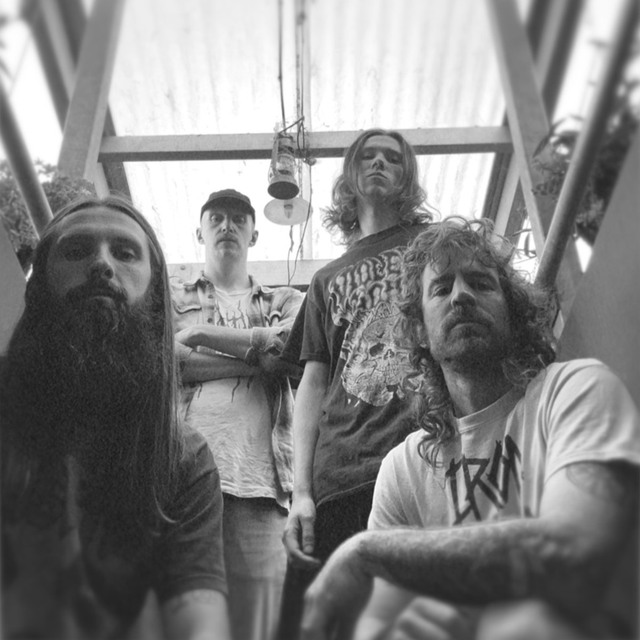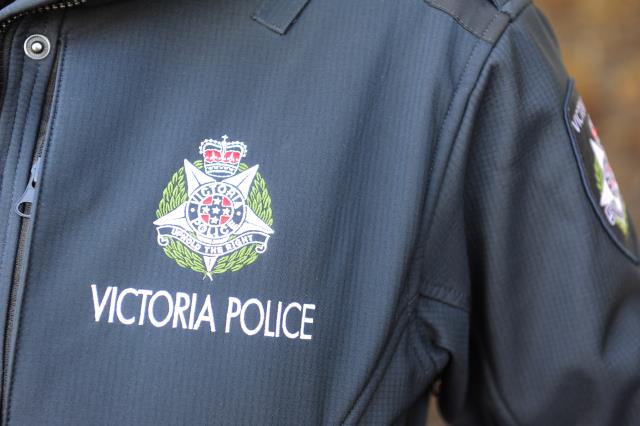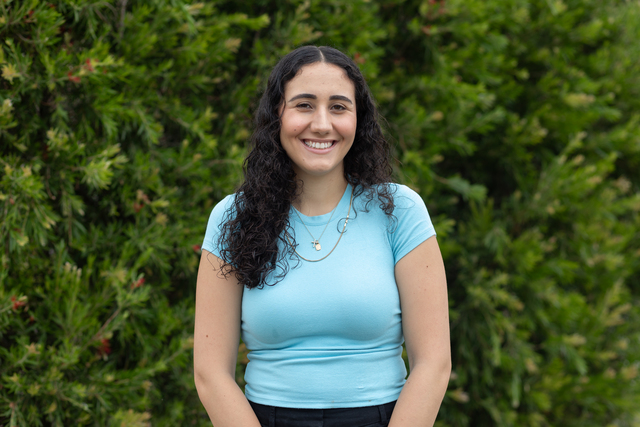A Keilor not-for-profit organisation is striving to create the next generation of sustainable farmers with a focus on stewarding lands and caring for community, as Holly McGuinness discovers.
Agriculture and farming is an essential part of Australia’s economy but Farmer Incubator examines the industry closely, holding it to a higher standard and supporting the next generation of farmers.
The organisation was started in 2015 by Paul Miragliotta and Per Staurup who couldn’t find a simple way into becoming eco-conscious farmers, according to general manager Tom Tanhchareun.
“They wanted to become regenerative small-scale farmers and there was just no pathway, so they started Farmer Incubator to fill that gap,” Tom says.
“There’s pathways if you want to be a broad acre, conventional farmer with hundreds of acres and try to drag food out of dusty land and degrade it in the process.
“But if you really want to care for land and have that intimate connection to country and community, the pathway to becoming a conscious farmer is much harder.”
A 2021 Grattan Institute report on carbon emission reduction strategies said that in 2019, Australia’s agriculture industry was responsible for 15 per cent of the country’s greenhouse gas emissions, emitting 76.5 million tonnes.
The report stated the majority of these emissions can be attributed to livestock farming, while 16.5 million tonnes of greenhouse gas emissions are a result of non-animal sources in the sector. Main contributors to this include fuel combustion, fertilisers and soil additives and emissions from crop residues.
Part of Farmer Incubator’s vision is to reduce these harsh environmental impacts the industry imposes.
“[Farming] actually has the potential to be a carbon sink, so it should be the other way around and that’s because of the practices that we use,” Tom says.
“It’s not just carbon emissions, it’s also biodiversity and water management. Agriculture takes up over two thirds of Australia’s landmass and what we do with that land will have a decisive impact on all aspects of Australia’s environment.”
There’s a diverse assortment of hurdles for the future of the industry according to Farmer Incubator. These include but are not limited to mindful farming on stolen land, resourcing ethical up and coming industry professionals and providing a more sustainable, fairer future of food systems.
Farmer Incubator also wants to see an overall shift in the way the industry is practiced, with more funding dedicated to converting agriculture and farming to become more regenerative and mindful.
“There’s no funding because the government in Australia thinks of agriculture as an industry,” Tom says.
“It’s there to make money by producing commodities to export and we think that agriculture is about stewarding lands and caring for community by providing people access to good quality food.
“When you think of agriculture that way, and you look for funding to make it that way to achieve those goals there’s very little out there.
“The issue for us is that we rely heavily on volunteer labour to sustain ourselves as an organisation but the kind of work we do really needs paid staff who can make a living off the time that they give.
“The reason that funding doesn’t exist is because the conversation about agriculture in this country is so far from where it needs to be.”
One portion of Farmer incubator’s work is to connect budding farmers through its pop-up garlic programs that run across Victoria.
These programs involve about 25 people a year and include eight workshops on topics such as soil management and crop cultivation.
Jo McMillan is currently taking part in one of the programs at a farm in Keilor. Her youngest child is about to graduate VCE, so she’s looking to the next chapter in her life and is hoping to sell her own produce at farmers markets.
“We’re hoping to move somewhere with a bit more land, I’d like to be able to do some garlic farming on that land and get involved in selling it at farmer’s markets and conduct that as an organic crop,” Jo says.
The garlic program takes participants from preparing the soil through to harvesting the garlic months later, with the current intake awaiting harvest season.
“In the preparation and planting phase, it was hard work, we had the five of us working on a row of at least 150 metres,” Jo says.
“We had to prepare the soil and we had to plan, it doesn’t sound like much but honestly, we were planting 1000s of bulbs and it was full day’s work, we just all formed a really nice working bond so that part of it’s been really great.
“It’s been really great to meet people that have a similar interest of different ages, different occupations and different things that they want to do with the knowledge and skills that they are learning through the course.”
Willow Ross completed the same course last year and now runs an organic farm in Clarkefield on Wurundjeri land that supplies to North Melbourne restaurant Manzé.
“We’re a farm for this one restaurant so we’re almost like a little market garden set up 40 minutes out of town,” Willow says.
Willow said Farmer Incubator’s program had a grassroots feel that was incredibly inclusive with a diverse community involved, and would recommend it to anyone wanting to get their hands dirty.
“Farmer Incubator totally put me on the path in this direction and I’m still pretty close with a whole bunch of the people there. I got this job [With Manzé] from the program I did last year,” Willow says.

